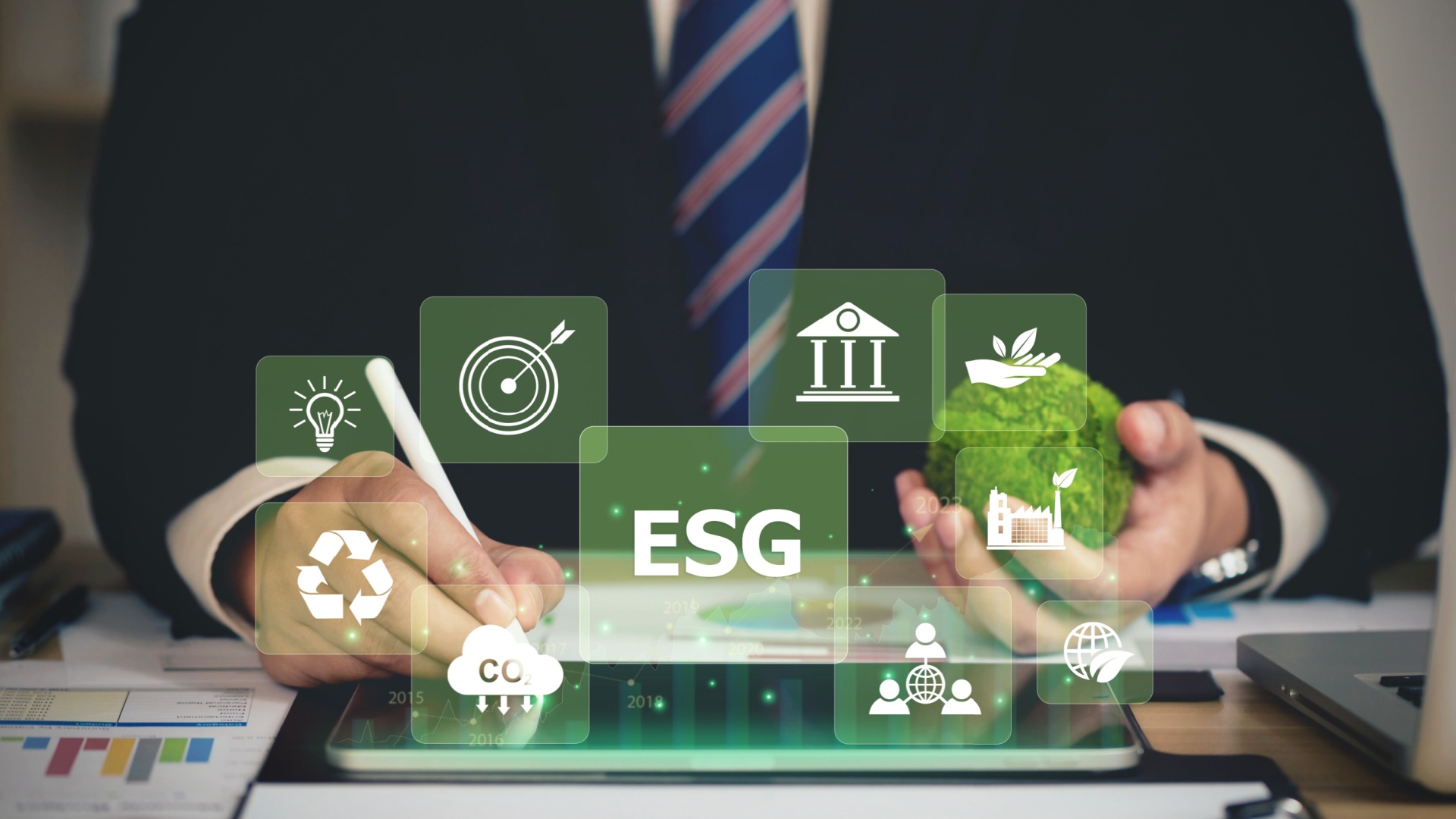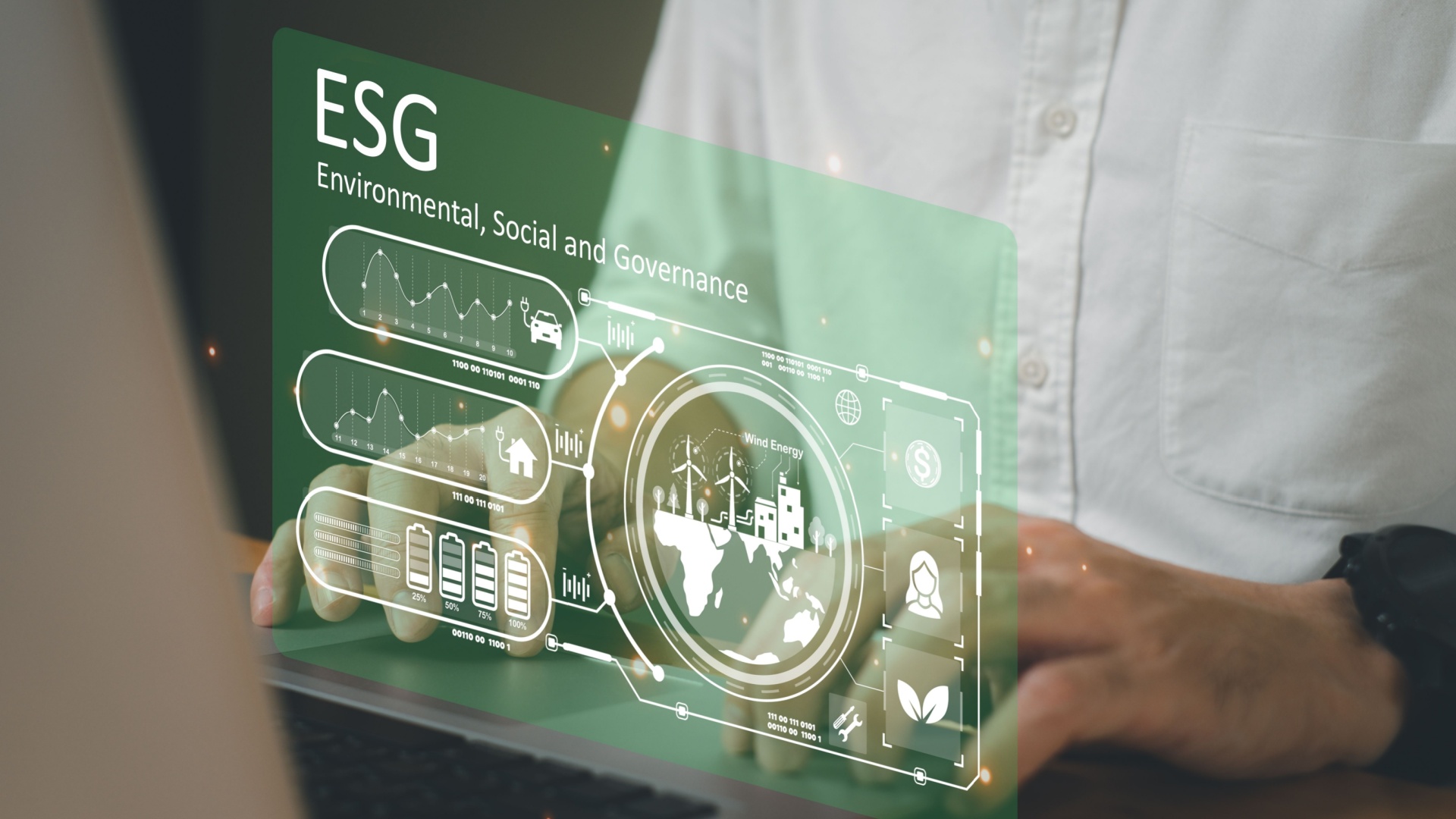


CRIF Secures GRI License, Strengthening the Reliability of ESG Assessments through Synesgy Platform
CRIF is pleased to announce that in July it obtained the prestigious license from the Global Reporting Initiative (GRI), marking a significant advancement in its commitment to providing accurate and standardized ESG (Environmental, Social, and Governance) assessments. This achievement was made possible with the integration of globally recognised sustainability reporting standards into CRIF's Synesgy platform, ensuring greater consistency, transparency, and credibility in the data offered to investors, companies, and other stakeholders.

CBAM Regulation: A Short Guide to Better Understand It
What’s CBAM Regulation and how is it going to be applied to importers and exporters? Find out how this mechanism will transform global trade.

Sustainable Transition: How to Manage it in 4 Key Steps
Learn how to manage a sustainable transition effectively with four key steps that covers essential strategies for driving sustainable change in your organization.

ESG Compliance: Effective Methodologies and Tools
ESG Compliance is basically one of the main thoughts for businesses. But to be compliant you may need some tool. Find out more about them, here.

CSRD: the directive and the impact on businesses
Learn about CSRD reporting, a critical directive shaping corporate sustainability reporting in the EU, including its requirements and impact on businesses.

EU CSDDD: What It Is and How It Will Impact Your Business
As matter of facts EU CSDDD will affect companies, but how is this going to happen? Here you can find the answer

ESG Indicators: how to evaluate sustainability performance
Explore the role of ESG indicators in evaluating a company's sustainability performance, and discover how these metrics guide businesses toward sustainable practices.

Managing and Reducing ESG Risks with Data
Learn how data-driven strategies can be pivotal in managing and mitigating ESG risks, aligning corporate objectives with sustainability commitments and regulatory demands.

How to assess the relationship between DNSH and ESG
Find out how DNSH and ESG can synergize to elevate corporate sustainability and compliance in today's dynamic business environment.